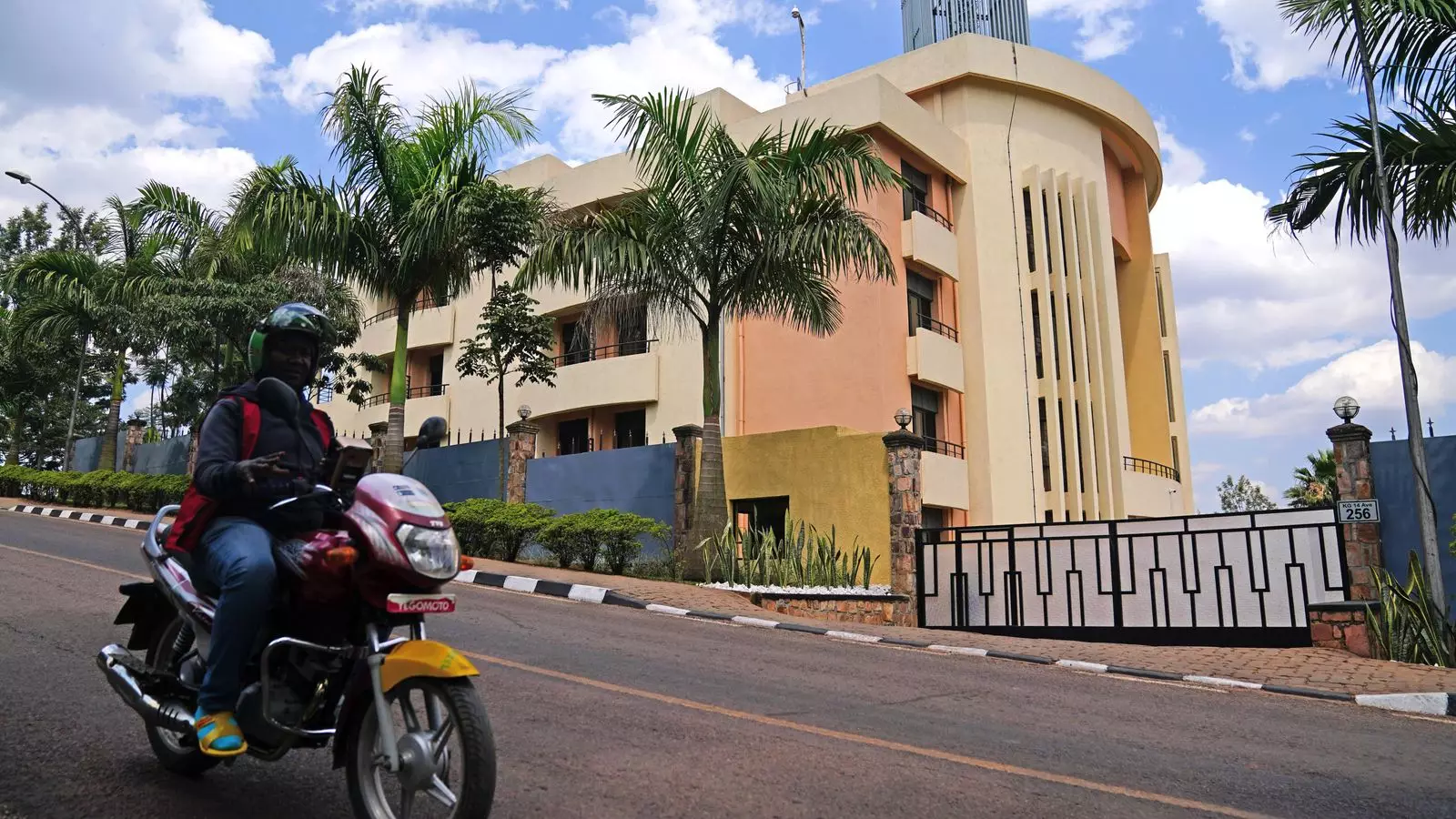Rwanda’s government has expressed its dissatisfaction with the recent verdict from the UK’s top court regarding a scheme to deport asylum seekers to the African country. The Supreme Court ruled that the plan was unlawful, dealing a significant blow to the UK government’s Rwanda policy. However, Rwanda’s spokesperson, Yolande Makolo, strongly refuted the notion that the East African nation is unsafe for refugees and argued that the country’s handling of asylum claims is above reproach.
Makolo criticized the verdict, characterizing it as “hypocritical” and “dishonest” based on assessments by the UN’s refugee agency (UNHCR). Despite the Supreme Court’s ruling, she maintained that Rwanda has a commendable track record of hosting and welcoming migrants and refugees. Makolo emphasized that the judgment was a decision for the UK judicial system, but expressed disappointment with the outcome.
Rwanda remains committed to its partnership with the UK and stands ready to receive migrants. Makolo’s assurance appears to contradict the concerns raised by the Supreme Court about the “real risk” of refugees being forcibly returned, regardless of the validity of their asylum claims. The court deemed such actions a breach of international law. However, Makolo dismissed these concerns as hypocritical criticisms from the UNHCR, with whom Rwanda has collaborated for a long time.
Mark Austin from Sky News questioned Makolo about the Supreme Court’s observation regarding the dismissal of asylum claims by Rwanda’s directorate-general of immigration without any written reason or right to appeal. Makolo dismissed these examples as either dishonest or lacking context, as presented by the UNHCR. Additionally, she asserted that any shortcomings identified last year had since been rectified. By addressing these criticisms, Makolo aimed to counter the court’s judgement and defend Rwanda against what she perceived as politicization of the issue.
Makolo labeled the Supreme Court’s ruling as “political” and reiterated that it was not Rwanda that was being judged. She distanced her country from the court’s decision, emphasizing that Rwanda is not on trial. Despite the setback, British Prime Minister Rishi Sunak has expressed his determination to proceed with the deportation scheme. He even suggested that the UK could introduce legislation to declare Rwanda a “safe” country.
In assessing this situation, it is crucial to consider the perspectives of both the UK and Rwanda. While the UK Supreme Court’s ruling highlights concerns about the potential risks faced by asylum seekers deported to Rwanda, the Rwandan government vehemently denies these allegations. Both parties have cited their collaboration with the UNHCR, albeit in conflicting contexts. The matter ultimately raises important questions about the interpretation of international law and the extent to which countries should rely on partnership agreements.
As the debate continues, constructive dialogue between the UK and Rwanda, as well as engagement with international bodies like the UNHCR, is essential. It is vital to ensure that the rights and safety of asylum seekers are protected, while also acknowledging the efforts made by countries like Rwanda to provide sanctuary to those in need. Only through open and honest discussions can a resolution be reached that upholds the principles of justice and safeguards the dignity of individuals seeking asylum.


Leave a Reply